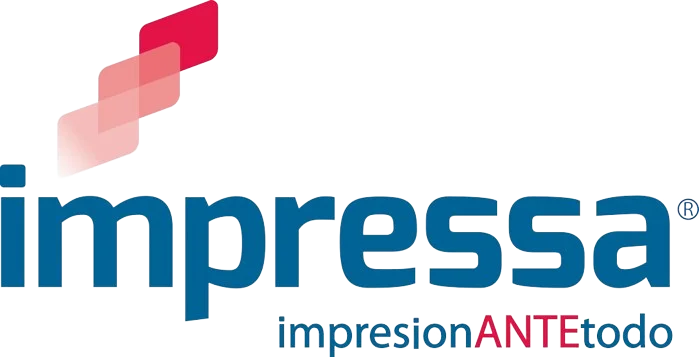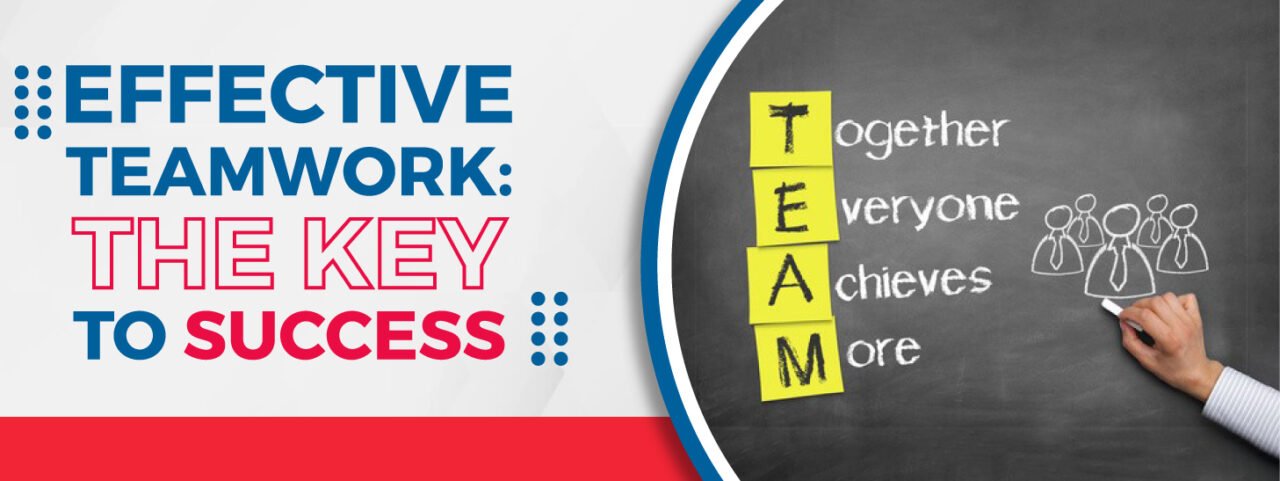Effective teamwork is an important aspect of any organisation’s success. There are many benefits of teamwork, most notably, an increase in motivation from your employees. A recent study by Stanford University showed that when people are treated as partners or team members – even when physically apart – their motivation increases. Motivation from your employees means more success for your company.
Developing an effective team in your organisation can seem like a simple and straightforward task, however it can be difficult to execute and put into practice. Members of your organisation want to be able to believe in the process and realise the wonderful outcomes that come from working together as opposed to individually; so it is up to the manager to ensure that enthusiasm is garnered and nourished.
The most important building block to develop and effective team is communication, so it is imperative to develop the necessary skills to communicate effectively with each other.
You want your employees to feel like they can put forth their ideas and express their feelings in an open environment, but you also need them to be keen listeners who are prepared to listen to the views of others. It can be easy for a team to fall apart quickly if its members favour their own personal goals over that of the team.
To keep the teamwork fire going, you need to establish regular and open lines of communication and monitor how the group interacts. Learning to communicate effectively is not a simple one step process and requires work from all sides. It is a great idea to have weekly meetings in which the manager is present in order to see how the team interacts with each and offer feedback on their achievements, as well as how the team meetings are running.
An effective team is one that has cohesion, to do this your team members need to exhibit the following skills:
»Openness – Team members need to be willing to get to know each other and open up about themselves, so they realised that they all have diverse backgrounds and interests. This helps them to be more open to new ideas and differing viewpoints.
»Trust – Team members need to trust each other enough to be comfortable with sharing ideas and feelings. As this trust builds, team members learn to be honest and respectful in their approach to each other.
»Respect – It is important for the team not to focus on who to blame when something goes wrong, instead they need to work out how to fix it and how to learn from the mistake. Constructive feedback and mutual respect rather than blame will help a team achieve results much faster.


